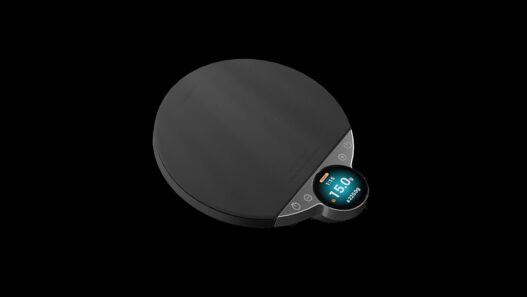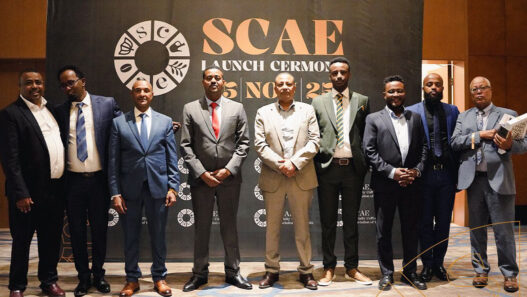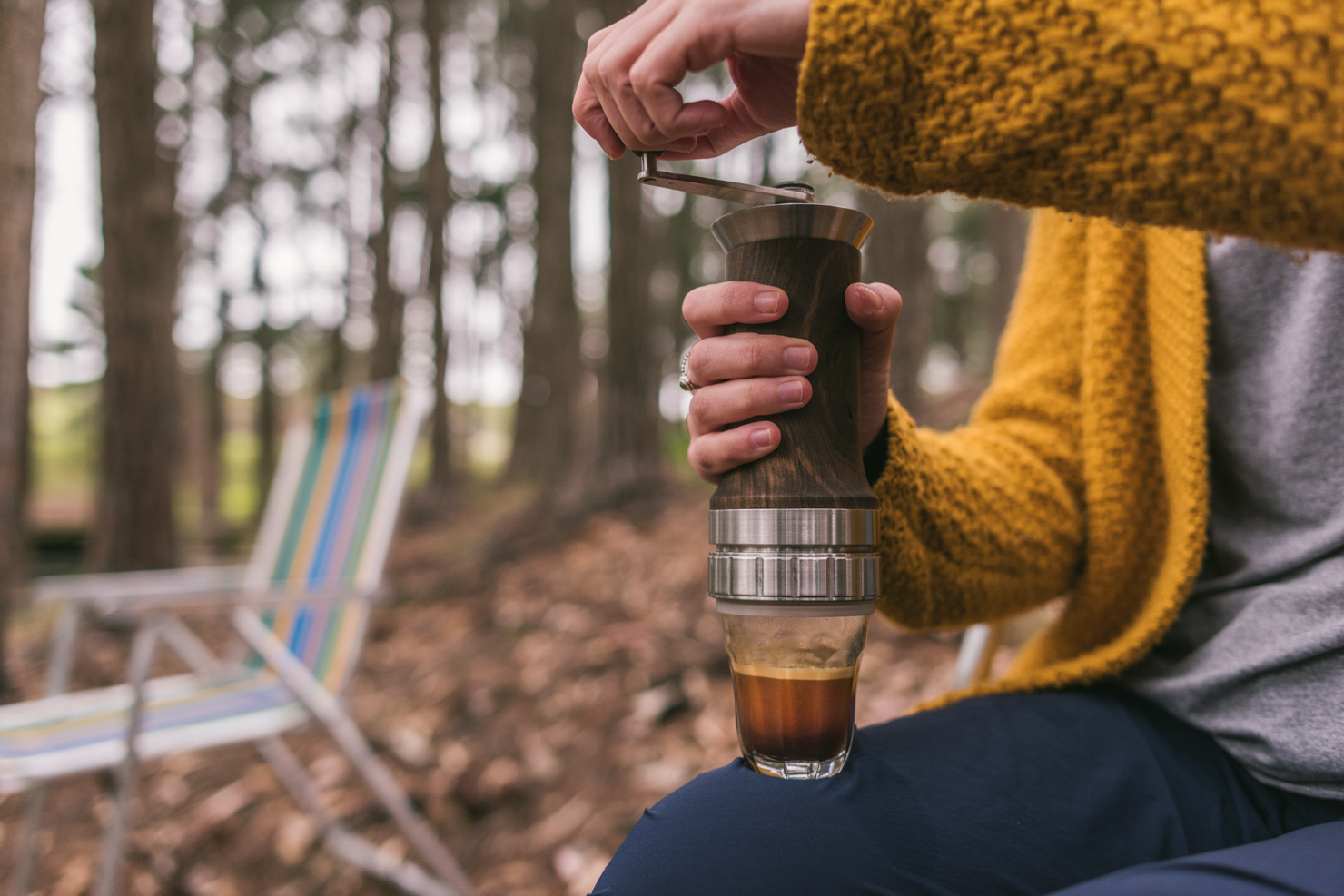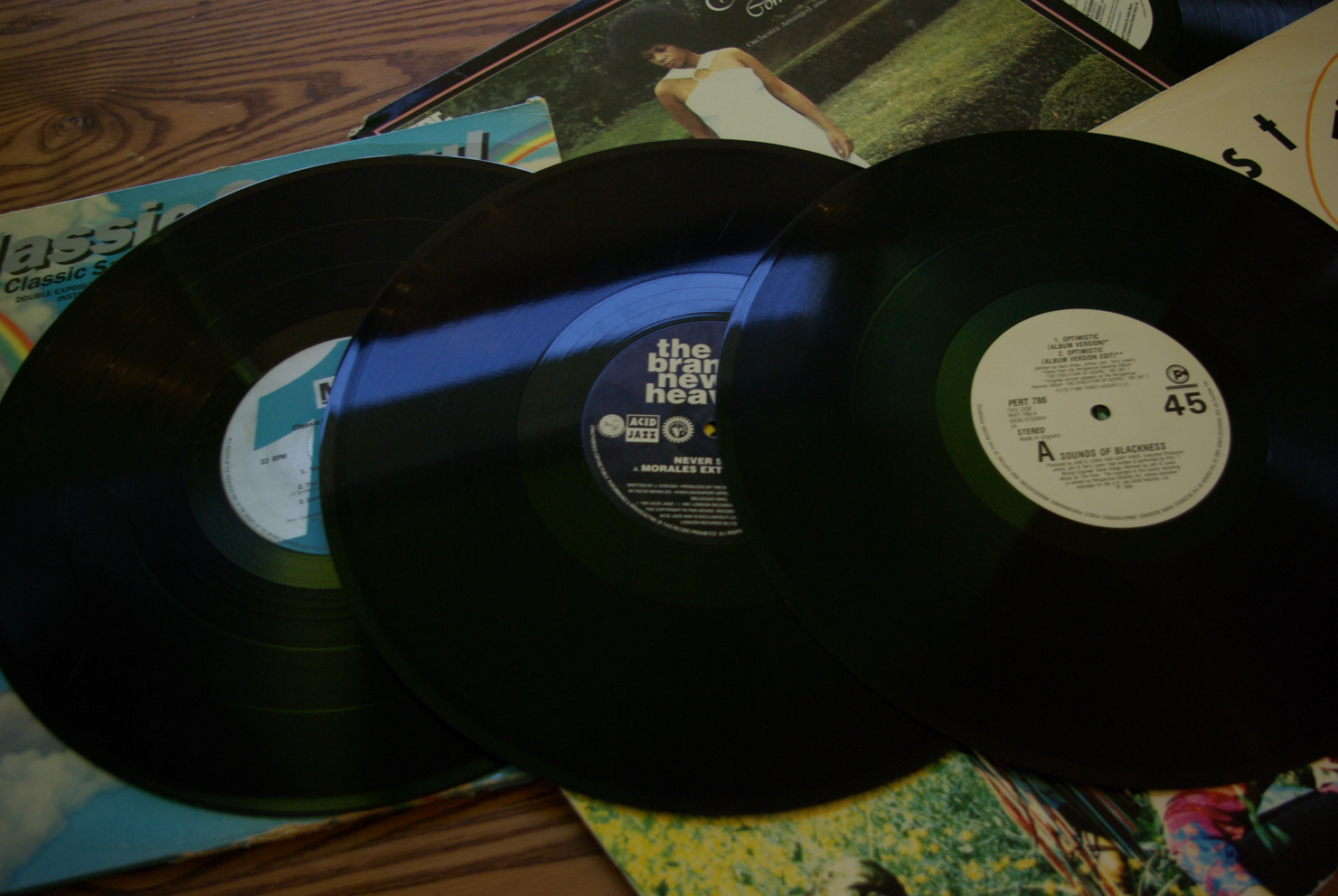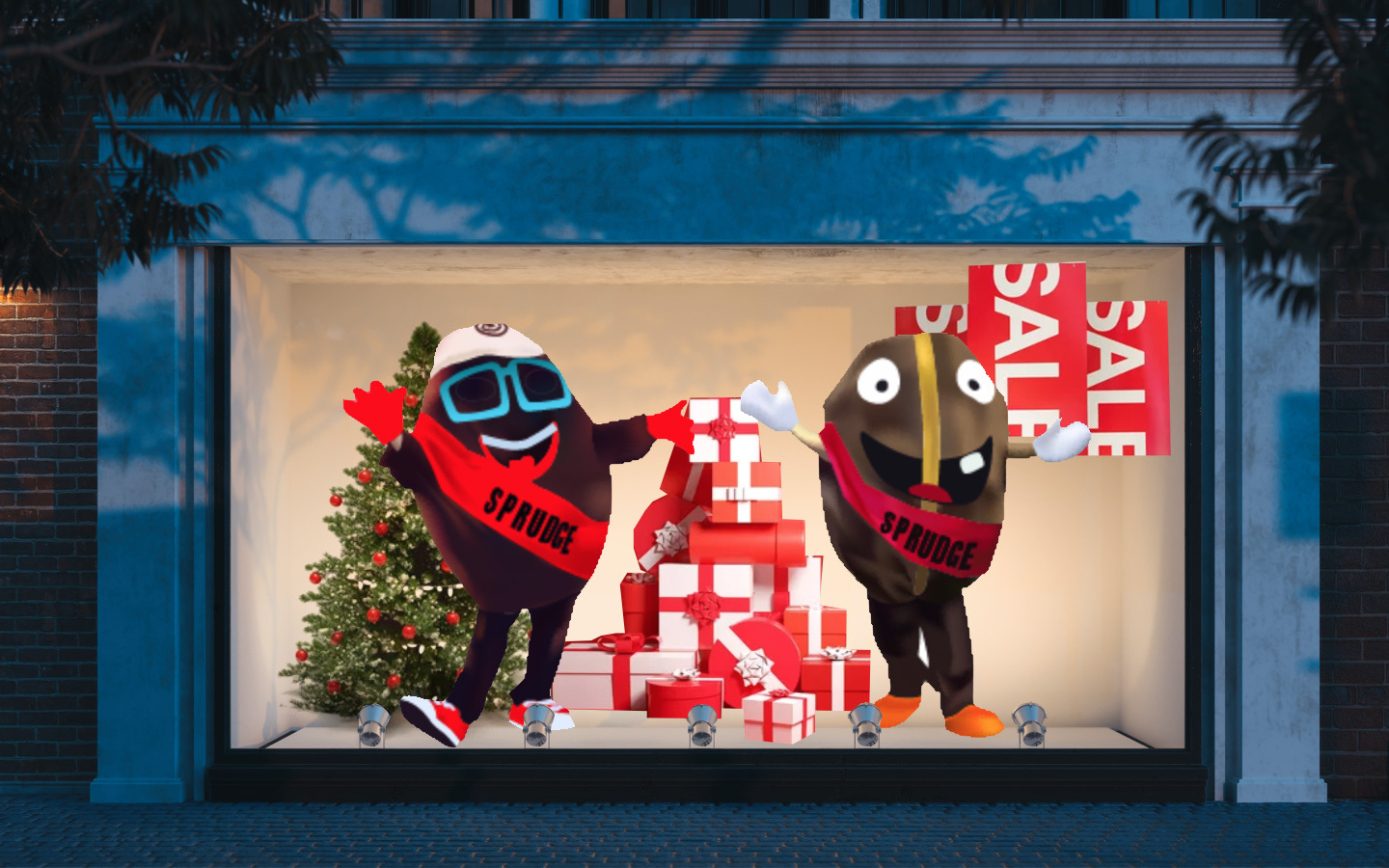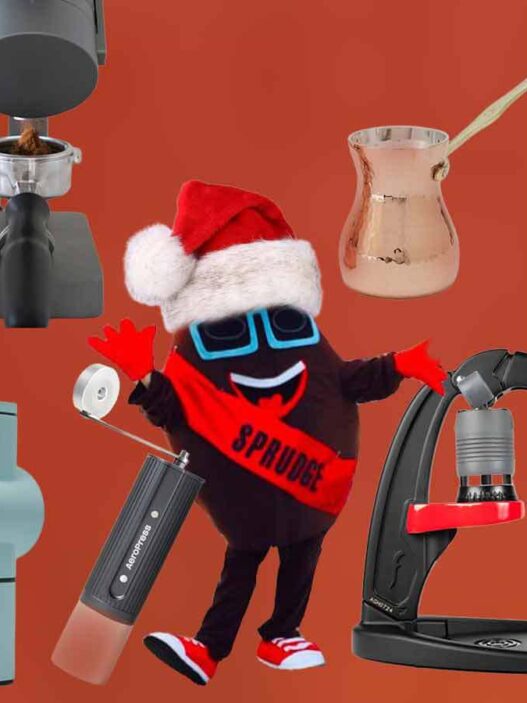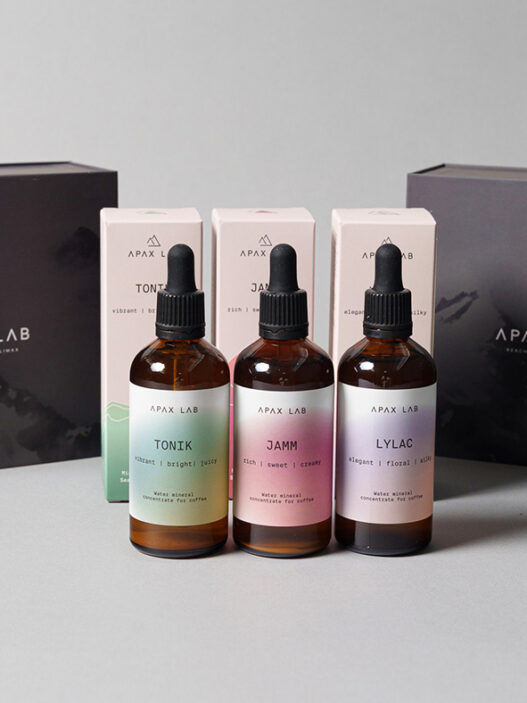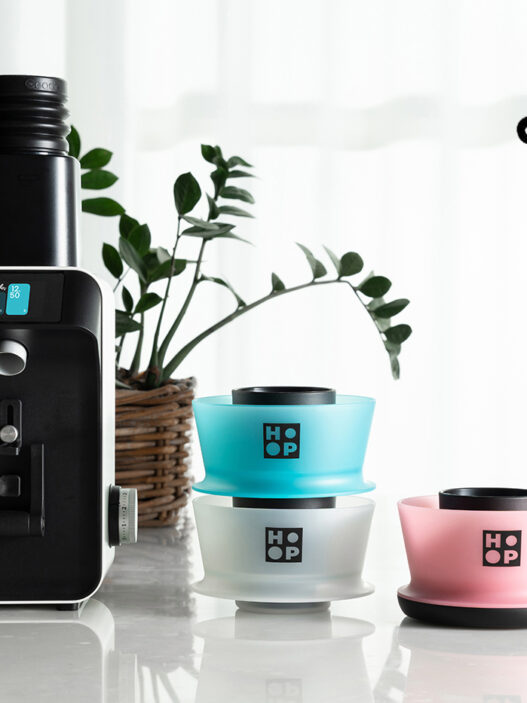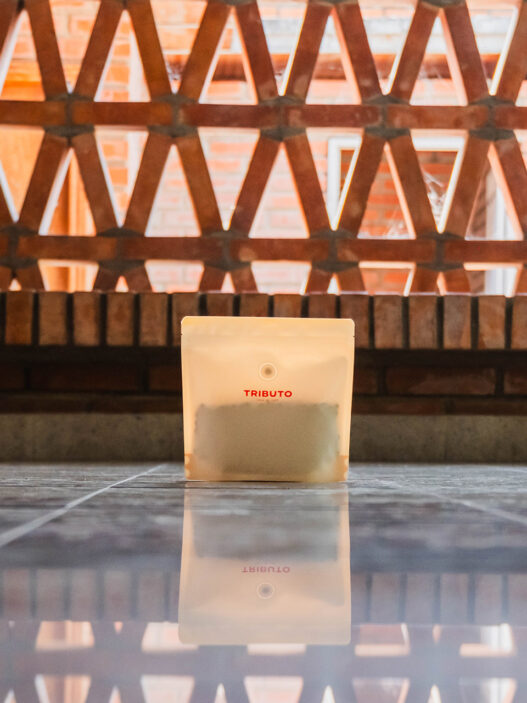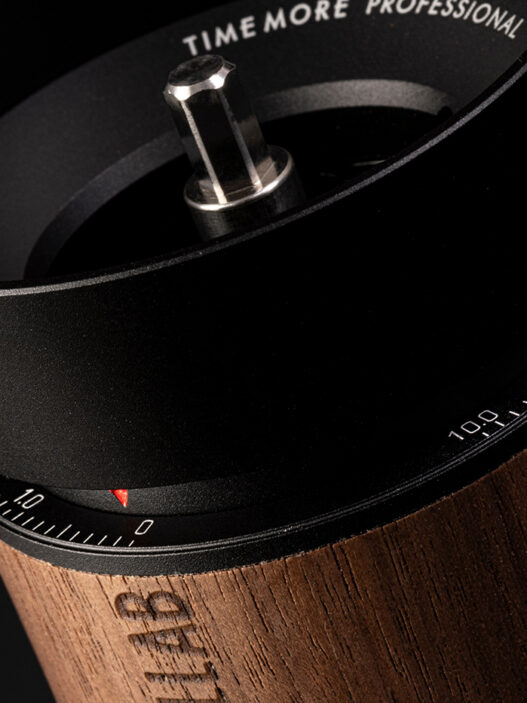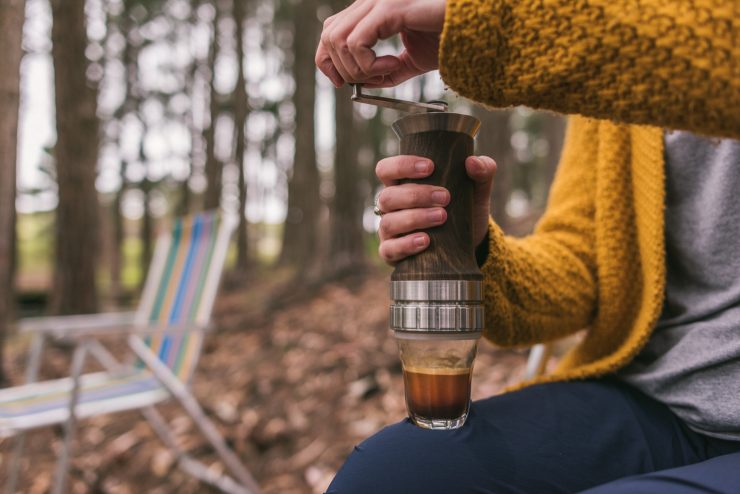
Update 1/29/18: Aram Coffee Maker is available here.
Thinking about having some espresso-like coffee on the go, with no electricity—and in style? One more gadget needs to be added to your wish list. The Aram Coffee Maker (Cafeteira Aram in Portuguese), developed by Maycon Aram and Juca Esmanhoto, is able to make coffee that really feels like an espresso—crema and all. It uses a patented technology to bring functionality, design, and sustainable materials together in order to pull a delicious shot. You just need hot water and a grinder, and voila! It won’t be officially for sale until January 2017, but we’re here to share the details now.
Aram met Esmanhoto, a barista and owner of Rause Café in Curitiba, Brazil, some years ago. Aram had several creative projects at the time, one of which was repurposing wood that would otherwise get thrown out, and he thought to use it for eyeglass frames. His desire to put his creative background to practical use was a constant, but it wasn’t until he began designing coffee brewers and grinders that the real satisfaction came.
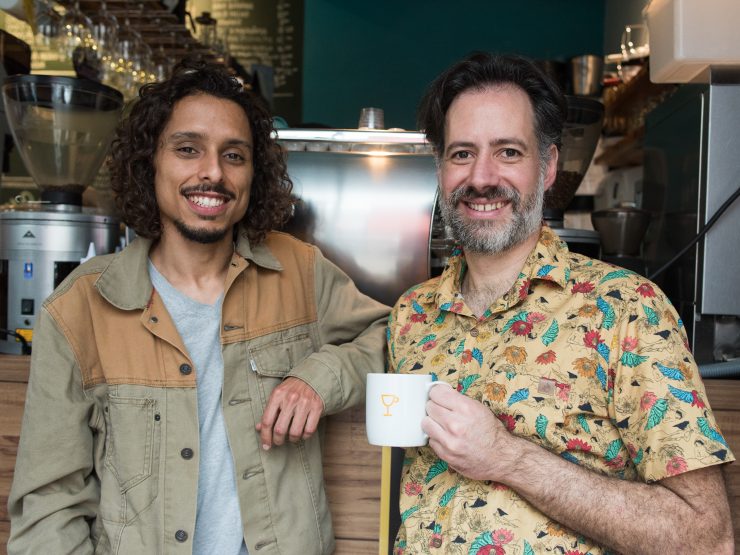
It seemed like a perfect match when Esmanhoto and Aram got together to discuss this particular device. Esmanhoto brought his knowledge and wealth of experience in the coffee industry and Aram had his vision for innovation. The deal was sealed when Aram showed Esmanhoto his technical drawings of the coffeemaker he had designed—Esmanhoto was so taken by the idea that he couldn’t refuse to buy into it, and so they started working together—Aram on the design and craft side, Esmanhoto on the user experience and coffee testing side.
The Aram Coffee Maker is an incredibly simple, yet innovative concept. It doesn’t require a power source, but you have to have a separate means to heat the water and grind the beans. The team decided to go with a screw thread instead of a lever because—besides looking really beautiful—the coffeemaker would be the first one to have a thread-controlled pressure instead of a lever mechanism.
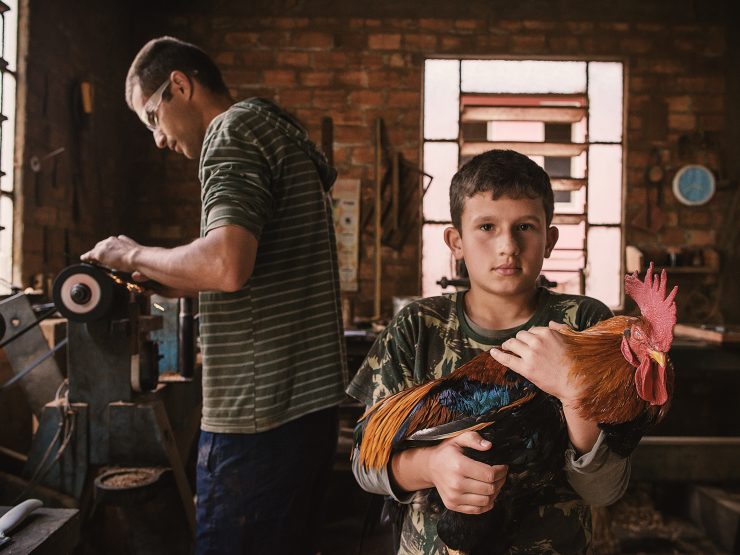
The coffeemakers’ suppliers are all part of a local network of Aram’s friends. The wood used in the external parts for thermal isolation is repurposed Imbuia, a local wood from the region. The other parts are made of stainless steel (which is pricey, but stays rust-free and doesn’t impart any taste or odor to the coffee), and the base, which weighs three-and-a-half kilograms, is made of SAE 1020 steel.
The recommended procedure to use the Aram Coffee Maker is rather simple to follow. Crank the handle clockwise, all the way to the bottom, fill up the reservoir with hot water and leave it some seconds for the coffeemaker to absorb the heat. One twist in the counterclockwise direction will release the water that is inside the coffeemaker. Once it’s empty, screw it back to the previous position. Place the ground coffee in the portafilter, compact it with the tamper and insert the portafilter. Fill it up with water again, and start screwing counterclockwise, immediately—that is the pre-infusion phase. Once you can’t go any further up, start screwing right back to the bottom, that is, in the clockwise direction. Then you will feel the pressure increase as you go further down—the screw speed is directly proportional to the pressure you are exerting with water onto the coffee. That is the fun part, says Esmanhoto, “you get to experiment with different speeds/pressures and have different drinks as a result.” The Aram Coffee Maker will easily reach eight to nine bars of pressure, according to Aram, but they’ve been able to observe up to 14 bars of pressure, with the right velocity.
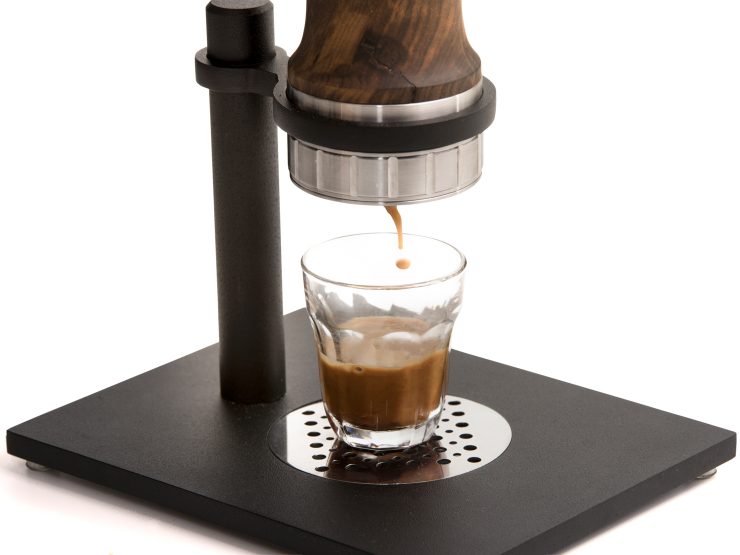
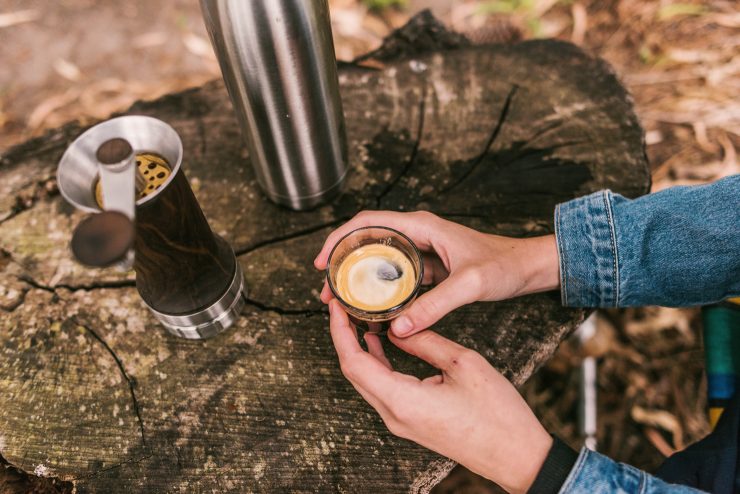
The only thing that needs to be cleaned before the next drink is the portafilter, just as you would do with an espresso machine. The coffeemaker comes with a base that can be attached and detached when traveling—the portable parts weigh 900 grams, and the handle can be disassembled for further ease of transportation. Aram expects it to cost around $1,800 Brazilian Reals, which currently converts to roughly $500 US Dollars.
If this means I am able to have an espresso in the middle of a hiking trip, that sounds like a reasonable price to pay!
http://www.youtube.com/watch?v=6oS0i0xAuN4
Photos by André Sanches.
Juliana Ganan is a Brazilian coffee professional and journalist. Read more Juliana Ganan on Sprudge.






